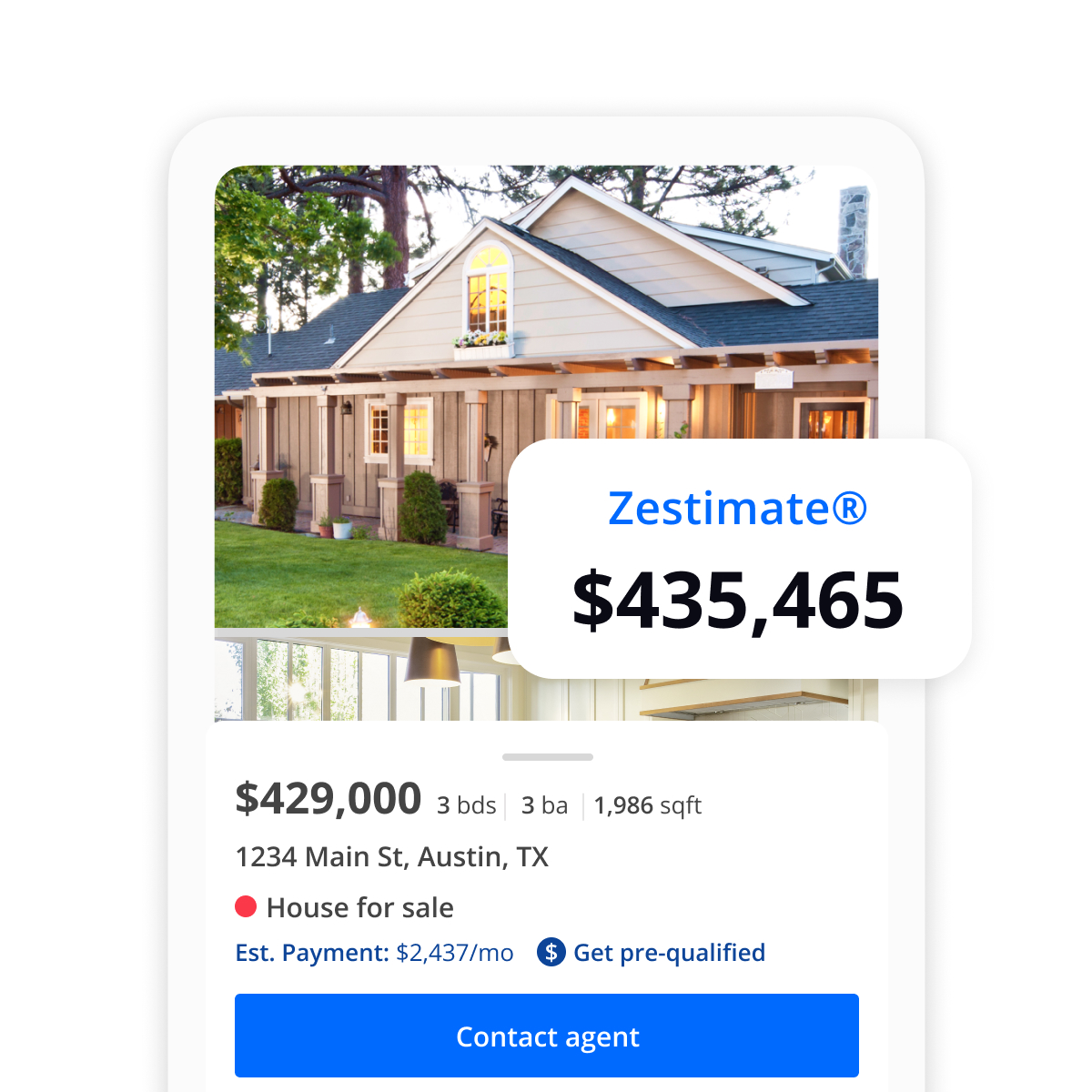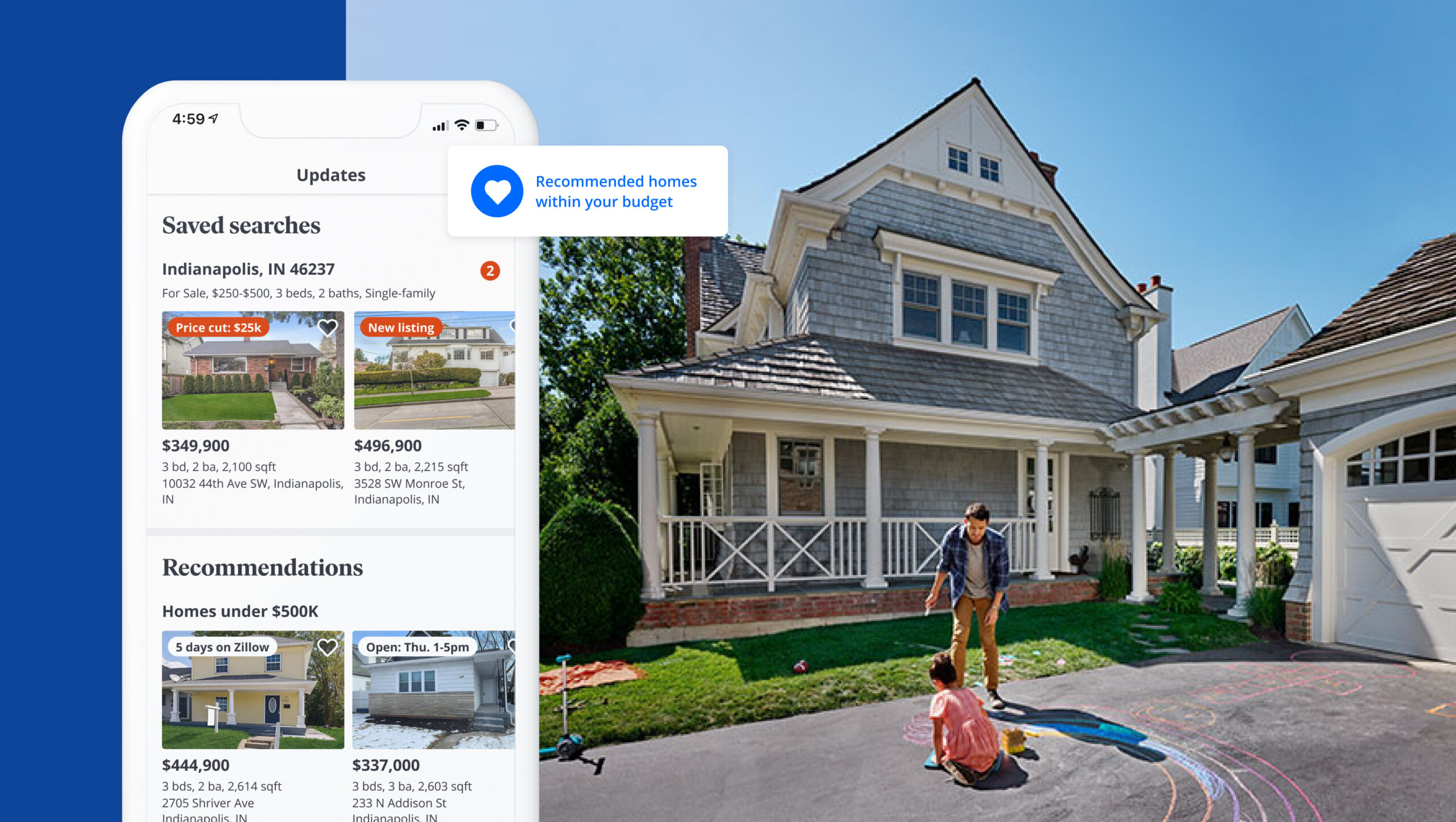Zillow House Values: Your Ultimate Guide To Home Pricing Insights
Buying or selling a house is like navigating a maze, but Zillow house values can be your map. Whether you're a first-time buyer, a seasoned investor, or just curious about the real estate market, understanding how Zillow calculates home prices can make all the difference. It’s not just numbers; it’s about making smart decisions that affect your wallet and future. So buckle up, because we’re diving deep into the world of Zillow house values!
Real estate has always been a tricky game, but thanks to platforms like Zillow, things are getting clearer. Zillow house values aren’t just random guesses—they’re backed by data, algorithms, and years of research. This guide will break down everything you need to know about Zillow’s home valuation system, from how it works to its pros and cons.
But why should you care? Because knowing your home’s estimated value can help you negotiate better deals, plan finances, or even decide if it’s time to move. Think of this article as your trusty sidekick in the real estate jungle. Let’s get started!
Read also:Who Is Cathy White Beyonceacute Unveiling The Truth Behind The Name
What Are Zillow House Values?
Zillow house values refer to the estimated worth of a property based on Zillow's proprietary algorithm called the Zestimate. This tool uses a mix of public records, user-submitted data, and machine learning to predict home prices. It’s like having a crystal ball for real estate, except instead of magic, it relies on technology and data.
For homeowners, buyers, and sellers, Zillow house values provide a quick snapshot of what a home might be worth. However, it’s important to remember that these estimates aren’t always 100% accurate. They serve more as a starting point rather than a final number. Still, they’re incredibly useful for anyone looking to stay informed about the housing market.
How Does Zillow Calculate Home Values?
Now, here’s where things get interesting. Zillow doesn’t just pull numbers out of thin air. The Zestimate is calculated using a combination of factors:
- Public Records: Information from local government databases, such as property tax assessments and recent sales data.
- User-Submitted Data: Details provided by homeowners, including renovations, upgrades, or other changes to the property.
- Market Trends: Current trends in the housing market, including demand, supply, and economic conditions.
- Machine Learning: Advanced algorithms that analyze millions of data points to predict home values.
By combining all these elements, Zillow creates a comprehensive picture of a home’s value. But keep in mind, no system is perfect. Factors like unique property features or neighborhood nuances might not always be reflected in the Zestimate.
Why Are Zillow House Values Important?
In today’s fast-paced world, having access to real-time information is crucial. Zillow house values offer just that—a convenient way to stay updated on the housing market without needing to hire an appraiser. Here’s why they matter:
First off, they give you a ballpark figure of what your home might be worth. This is especially helpful if you’re thinking about selling or refinancing. Secondly, they provide insights into how property values are trending in your area. Are prices going up or down? Knowing this can influence when you decide to buy or sell.
Read also:Philip Ruckers Husband The Inspiring Story Behind The Man Behind The Journalist
Who Uses Zillow House Values?
Believe it or not, Zillow house values aren’t just for homeowners. Here’s a quick rundown of who benefits from them:
- Homeowners: To monitor their property’s value and make informed decisions.
- Buyers: To compare prices and find good deals in their desired neighborhoods.
- Sellers: To set competitive listing prices and attract potential buyers.
- Investors: To identify undervalued properties and maximize returns.
- Real Estate Agents: To provide clients with up-to-date market data.
See? Zillow house values have something for everyone. Whether you’re crunching numbers or simply curious about the market, they’re a valuable resource.
Pros and Cons of Zillow House Values
Like any tool, Zillow house values come with their own set of advantages and limitations. Let’s weigh the pros and cons:
Advantages
Convenience: You can check Zillow house values anytime, anywhere, without needing professional assistance.
Accessibility: It’s free to use, making it accessible to everyone, regardless of budget.
Transparency: Zillow provides detailed reports that break down how the Zestimate was calculated, giving users more insight into the process.
Limitations
Inaccuracy: Zillow house values may not always reflect the true market value of a property, especially for unique or newly renovated homes.
Lack of Personalization: The algorithm doesn’t account for personal preferences or specific needs, which can be important in real estate transactions.
Outdated Data: If public records aren’t updated regularly, the Zestimate might rely on outdated information.
While Zillow house values are a great starting point, they shouldn’t replace professional appraisals or expert advice. Always consider multiple sources before making any big decisions.
Understanding Zillow’s Zestimate
The Zestimate is the heart of Zillow house values. It’s essentially an automated estimate of a home’s market value. Think of it as Zillow’s best guess at what your house might sell for today. But how reliable is it? And how does it differ from other valuation methods?
How Accurate Is the Zestimate?
According to Zillow, the Zestimate is within 1.9% of the final sale price for homes in its database. While that sounds impressive, accuracy can vary depending on several factors, such as:
- Property Type: Unique or custom-built homes may be harder to estimate accurately.
- Location: Homes in areas with less data or fewer comparable sales might have less accurate Zestimates.
- Updates and Renovations: If significant changes have been made to the property, the Zestimate might not reflect those improvements.
That said, the Zestimate is still a useful tool for getting a general idea of a home’s value. Just don’t rely on it as the sole source of information.
Factors That Affect Zillow House Values
Several factors influence how Zillow calculates house values. Understanding these can help you interpret the Zestimate more accurately:
Location, Location, Location
It’s no secret that location plays a huge role in real estate. Homes in desirable neighborhoods with good schools, low crime rates, and convenient amenities tend to have higher Zillow house values. On the flip side, properties in less sought-after areas might see lower estimates.
Property Features
Details like square footage, number of bedrooms and bathrooms, lot size, and age of the home all factor into the Zestimate. Upgrades like new kitchens, updated bathrooms, or energy-efficient systems can also boost a home’s value.
Market Conditions
The state of the housing market can significantly impact Zillow house values. In a seller’s market, where demand outstrips supply, prices tend to rise. Conversely, in a buyer’s market, prices might drop due to increased competition among sellers.
By considering these factors, you can better understand why your home’s Zestimate might differ from its actual market value.
How to Improve Your Zillow House Value
If you’re unhappy with your Zillow house value, there are steps you can take to improve it. Here’s how:
Update Your Property Details
Make sure Zillow has the latest information about your home. Log in to your account and update details like renovations, new additions, or other changes that could affect the Zestimate.
Engage with the Community
Zillow allows users to submit feedback and corrections. If you notice inaccuracies in your home’s listing, don’t hesitate to reach out and request updates.
Consider Professional Appraisal
While the Zestimate is convenient, a professional appraisal provides a more accurate picture of your home’s value. This can be especially useful if you’re planning to sell or refinance.
By taking these actions, you can ensure that your Zillow house value reflects the true worth of your property.
Common Misconceptions About Zillow House Values
There’s a lot of misinformation floating around about Zillow house values. Let’s clear up some common myths:
Myth #1: Zillow Always Gets It Right
Fact: As mentioned earlier, the Zestimate isn’t always accurate. It’s a useful tool, but it shouldn’t be treated as the final word on your home’s value.
Myth #2: Zillow Ignores Unique Properties
Fact: While Zillow’s algorithm may struggle with very unique or custom-built homes, it does its best to incorporate available data. Submitting detailed updates can help improve the Zestimate.
Myth #3: Zillow Replaces Real Estate Agents
Fact: Zillow is a great resource, but it can’t replace the expertise and personalized service offered by real estate professionals.
By separating fact from fiction, you can make the most of Zillow house values without falling into common traps.
Final Thoughts
In conclusion, Zillow house values are an invaluable resource for anyone involved in the real estate market. They provide quick, easy access to property valuations and market insights. However, it’s essential to use them wisely and supplement them with professional advice when needed.
We encourage you to explore Zillow further and take advantage of the tools it offers. Don’t forget to leave a comment or share this article with others who might find it helpful. Together, let’s navigate the world of real estate with confidence!
Table of Contents
- What Are Zillow House Values?
- How Does Zillow Calculate Home Values?
- Why Are Zillow House Values Important?
- Who Uses Zillow House Values?
- Pros and Cons of Zillow House Values
- Understanding Zillow’s Zestimate
- Factors That Affect Zillow House Values
- How to Improve Your Zillow House Value
- Common Misconceptions About Zillow House Values
- Final Thoughts


